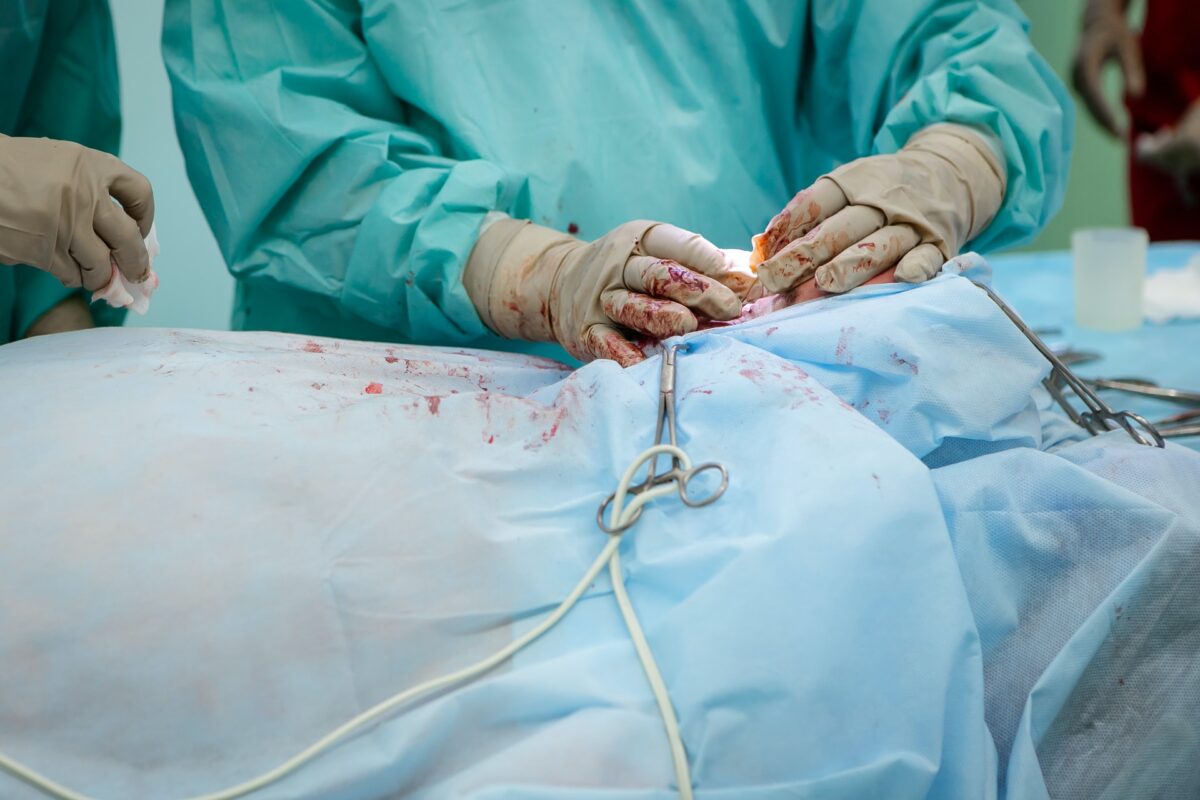Gastric bypass surgery is a type of weight-loss surgery. It’s done to help people who are very obese lose a lot of weight. The surgery changes how your stomach and small intestine handle the food you eat.
After gastric bypass surgery, you will feel full after eating smaller amounts of food than before the surgery. This is because the size of your stomach has been reduced, and part of your small intestine has been bypassed.
Deciding to have an operation is a big decision for anyone, and many people will be paying for private gastric bypass surgery. That means that it’s essential that you have all the information you need to be well informed about what’s involved.
Why Consider Weight Loss Surgery
There are a number of reasons why someone might consider weight loss surgery. These include:
- Obesity is a major health problem in many countries around the world. More than one-third of adults are obese, and more than 17% of children and adolescents are overweight
- Obesity increases the risk for heart disease, stroke, type 2 diabetes, cancer, and other health problems.
- Diet and exercise alone may not result in significant weight loss.
- Obesity can cause physical limitations and decreased quality of life.
- Weight loss surgery can help people lose weight and improve their health. surgery see improvements
Who can benefit from gastric bypass surgery?
Gastric bypass is most effective for people who are obese with a body mass index (BMI) of 40 or higher. It may also be appropriate for those with a BMI of 35 or higher and have other health conditions such as type 2 diabetes, high blood pressure, sleep apnea, or joint pain caused by obesity.
People with a lower BMI (30-35) may also be eligible for gastric bypass if they cannot lose weight through diet and exercise alone. Side effects from obesity, such as high cholesterol or arthritis, may also improve after gastric bypass surgery.
How is gastric bypass surgery performed?
There are a few different types of gastric bypass surgery, but the most common type is Roux-en-Y gastric bypass. This procedure involves creating a small pouch at the top of your stomach and then connecting it to a section of your small intestine.
The food you eat will travel through this new connection and bypass the larger part of your stomach and duodenum (the first section of your small intestine). As a result, you will feel full after eating smaller amounts of food, and you will absorb fewer calories from what you eat.
Gastric bypass surgery is usually performed using general anesthesia, which means that you will be unconscious during the operation. Your surgeon will make several incisions in your abdomen so they can access your stomach and intestines.
Then they will cut away a portion of your stomach to create the pouch and attach the tubing from the jejunum (a section of the small intestine). Finally, they will sew up the incisions with stitches, or they may use staples.
Post Operative Care
The entire operation typically takes about two hours to complete. Afterward, you may need to spend a few days in the hospital recovering from surgery. You may experience some pain and discomfort following surgery, but this can be managed with medication prescribed by your doctor.
You should also expect to have some gas and bloating as well as occasional nausea for weeks or even months after surgery while your body adjusts to having reduced digestive capacity.
After gastric bypass surgery, the patient will stay in the hospital for a few days. During this time, the patient’s stomach will heal, and they will begin to learn how to eat correctly. There are also some important postoperative care instructions that the patient must follow to ensure a successful recovery:
– Drink plenty of fluids, especially water
– Eat small, frequent meals
– Avoid eating high-fat foods and drinking alcohol
– Get plenty of rest
– Exercise regularly
What are the risks associated with gastric bypass surgery?
There are several risks associated with gastric bypass surgery. One of the most common risks is an infection, which can occur in the surgical site or in any of the organs involved in the procedure. Other possible complications include bleeding, blood clots, and problems with anesthesia.
Another risk is nutritional deficiencies. After gastric bypass surgery, the stomach size is reduced, and food goes through a smaller opening than before surgery. This means that you will eat less and absorb fewer nutrients from your food. As a result, you may be at increased risk for deficiency diseases such as anemia, osteoporosis, and vitamin B12 deficiency.
Gastric bypass also increases your risk for gastroesophageal reflux disease (GERD). This occurs when stomach acid backs up into your esophagus, causing heartburn and other symptoms. GERD can be difficult to treat after gastric bypass surgery because the angle between your esophagus and stomach is changed by the operation.
Another potential complication of gastric bypass surgery is dumping syndrome. Dumping syndrome occurs when sugar-rich foods are eaten too quickly after surgery and causes nausea, vomiting, sweating, and feeling lightheaded. It usually occurs within 30 minutes after eating and lasts for about 10 minutes. Dumping syndrome can often be avoided by eating small amounts of food slowly throughout the day



